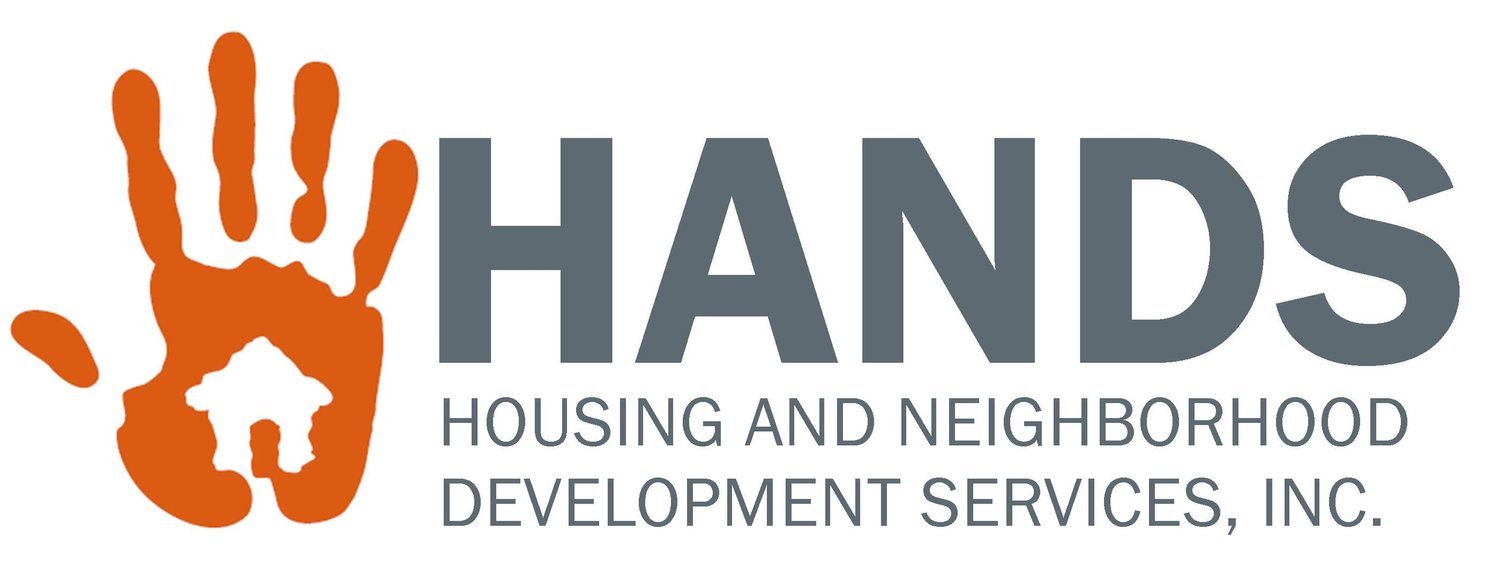About HANDS
For decades, HANDS has catalyzed community growth through real estate development and neighborhood planning. And as our world has changed, so has the breadth of HANDS’ investment in the future of Greater Orange. We recognize that in order for a community to thrive, residents must have access to the safety, security, and stability that form the foundation of generational health and well-being.
Taking a public health frame, HANDS has aligned our community-building with the Social Determinants of Health (SDOH) - the non-medical factors that influence an individual’s health outcomes. SDOHs include the conditions in which people are born, live, work, learn, play, worship, and age, as well as the broader forces and systems that shape everyday life.
Our Strategy
Our experience in Orange gives us a unique vantage point as we move towards the next phase of our mission. Our strategy Includes:
(1) Improving the Social Determinants of Health (SDOH) and
(2) Building a Local Living Economy (LLE).
These two complementary and reinforcing frameworks dictate public and private sector policymaking and funding decisions in the community development arena.
Social Determinants of Health
In recent years HANDS has embraced a compelling “social determinants of health” framework to design, develop and implement its holistic community and economic development strategies and neighborhood investment initiatives. Simply put, access to quality housing, jobs, education, wealth accumulation, social cohesion, and political power significantly influence individual, family, and community vulnerability to disease or injury.
Local Living Economy
Creating a “ local living economy” (LLE) is the goal of people who use business to create healthy, thriving communities. A simple example of an LLE action is a commitment to “buy local.” More broadly it means assisting local stakeholders to identify, launch and grow the businesses that are needed to serve their community. Building healthy, equitable local economies requires local ecosystems of individuals and institutions to come together, understand their relationships to each other and choose to collaborate.

